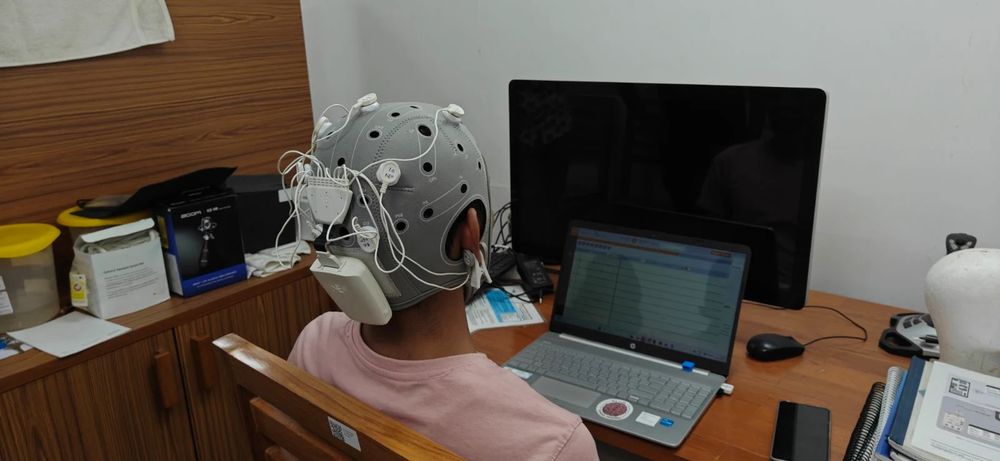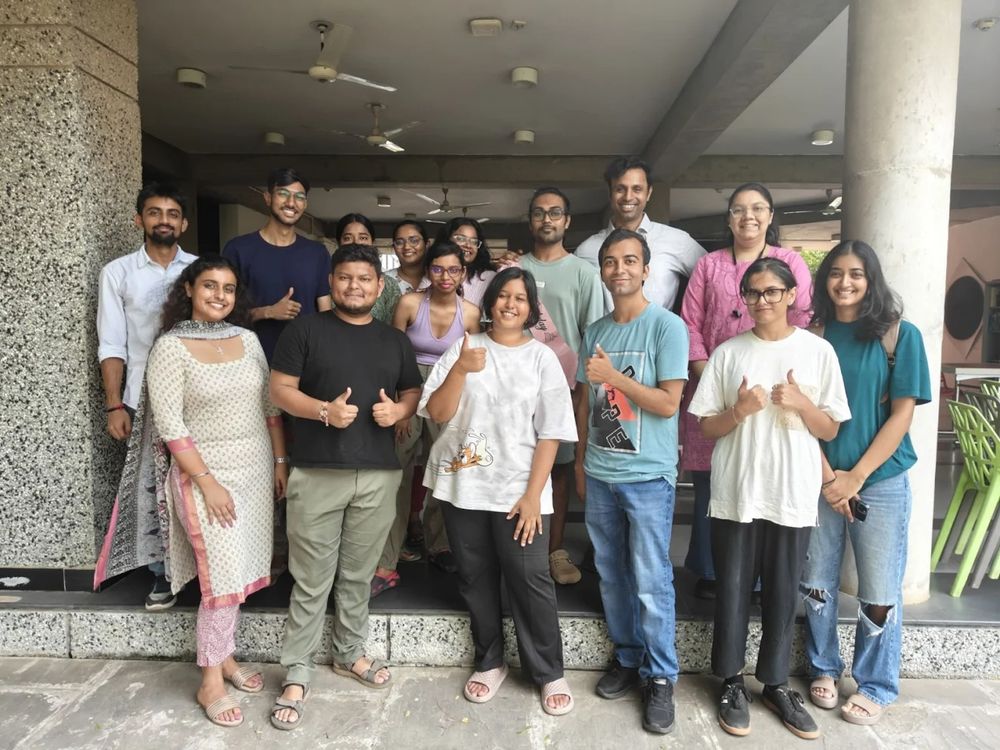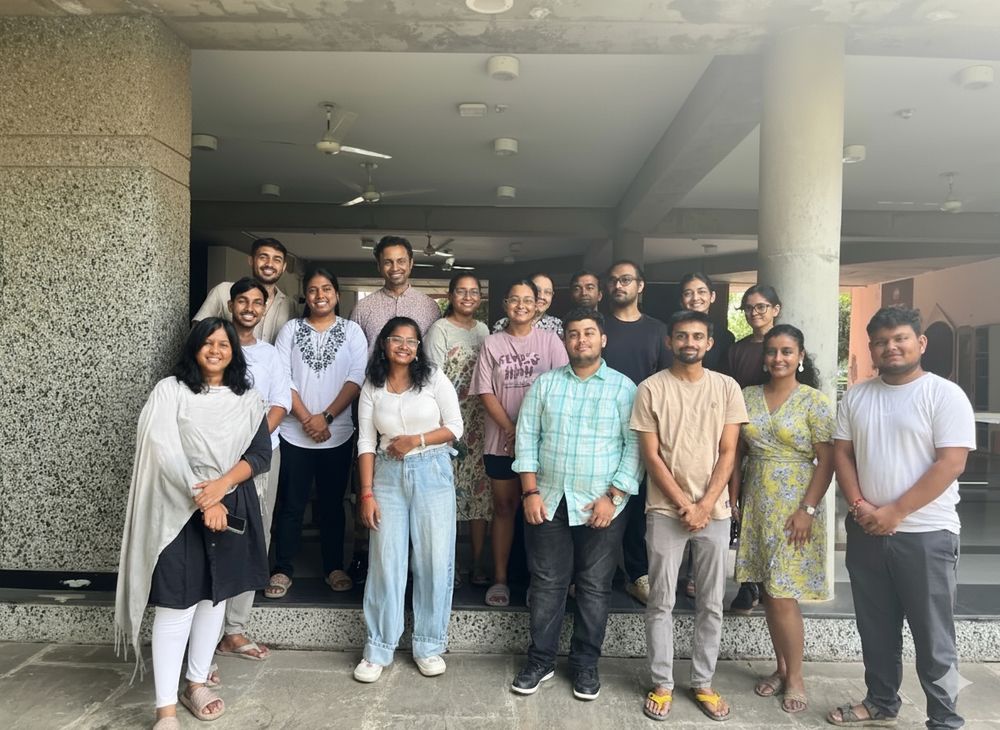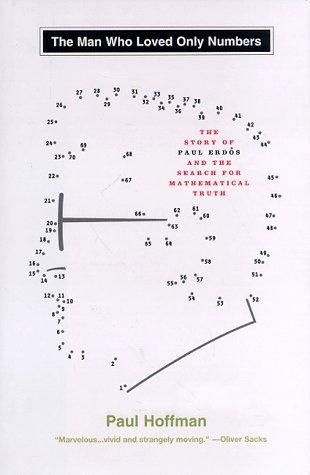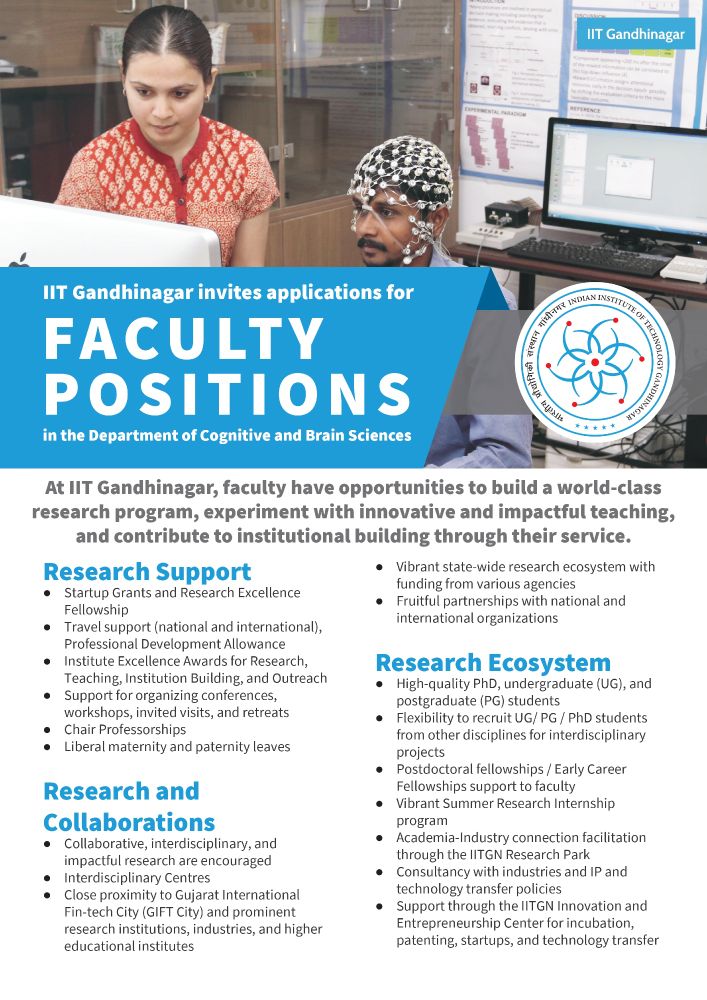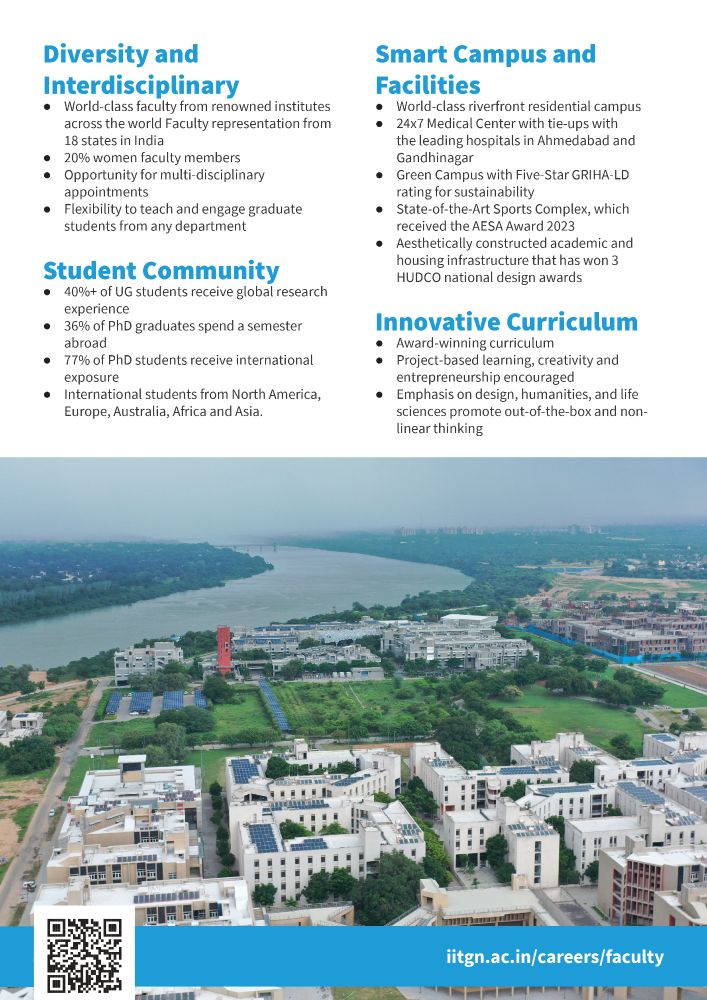Vaibhav Tripathi
@vaibhavtripathi.bsky.social
420 followers
760 following
110 posts
Neuroscientist | Asst. Prof. at IIT Gandhinagar
Working on precision brain networks, thalamus, working memory, attention, and meditation
Prev: Postdoctoral Fellow@Buckner Lab, Harvard; PhD@Boston University; II(I)T Delhi; IISc
Posts
Media
Videos
Starter Packs
Reposted by Vaibhav Tripathi
Reposted by Vaibhav Tripathi
Reposted by Vaibhav Tripathi
Reposted by Vaibhav Tripathi



